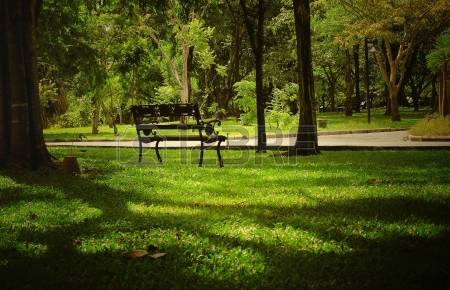Shade Trees are Best Radiant Barrier to Reduce Summer Solar Heat
Space blankets and the reflective radiant barriers on space craft are a familiar sight, so it must be good for keeping homes cool too, right? Probably not in light of the dim savings you’ll get.
Keeping home cool is simple enough in most of north Alabama, thanks to the towering canopy of trees shading the roof from summer sun. That sunshine is known as radiant heat, one of the three different ways heat energy travels and a relatively small factor in home energy waste.
Heat energy loss at home is mostly from air leaks, poor insulation, and electrical equipment. During the summer, your cool air leaks out of the ducts and daytime heat is conducted through the walls, ceiling and floor of the structure. Radiant heat from the sunshine comes in mostly through the windows of your home.
Some radiant heat can be felt coming off the roof deck in the attic, but air sealing, duct insulation and the recommended 12 inches of fiberglass or cellulose insulation on the attic floor will block much more energy waste for less money.
Look for the Energy Star label if you are shopping new windows. Window replacement is expensive, so reduce indoor summer temperatures by blocking radiant heat through windows with light-colored blinds whenever direct sun is shining.
Storm windows are cost-effective over old single-pane windows to save energy and improve indoor comfort in summer and winter. Good storm windows block air leaks and heat loss, shading is still needed to block direct sunshine from heating up the home on summer mornings and afternoons.
The best radiant barriers are shade trees around the home. Shading the west and east walls and windows from early and late day sunshine reduces solar heat gain through walls and windows. Trees add curb appeal and buyers will pay more for homes with yard trees.
North Alabama is blessed with a thick canopy of forest shading residential neighborhoods. Forest canopy shading will also reduce summer roof heat load slightly. However, tall trees may not provide shade from early and late day sun on east and west walls. Planting a tree to shade windows and walls is cost effective and the shade benefits will be noticeable in just one or two summers.
Shading can be a great strategy for rooms that are overheated in the summer by sunshine through the windows. Select and place the trees strategically to maximize summer shade. Summer sunshine mostly comes through east and west windows, winter sunshine comes through south windows, so trees planted on the south side of a home won’t reduce summer heat as much.




Comments are closed.